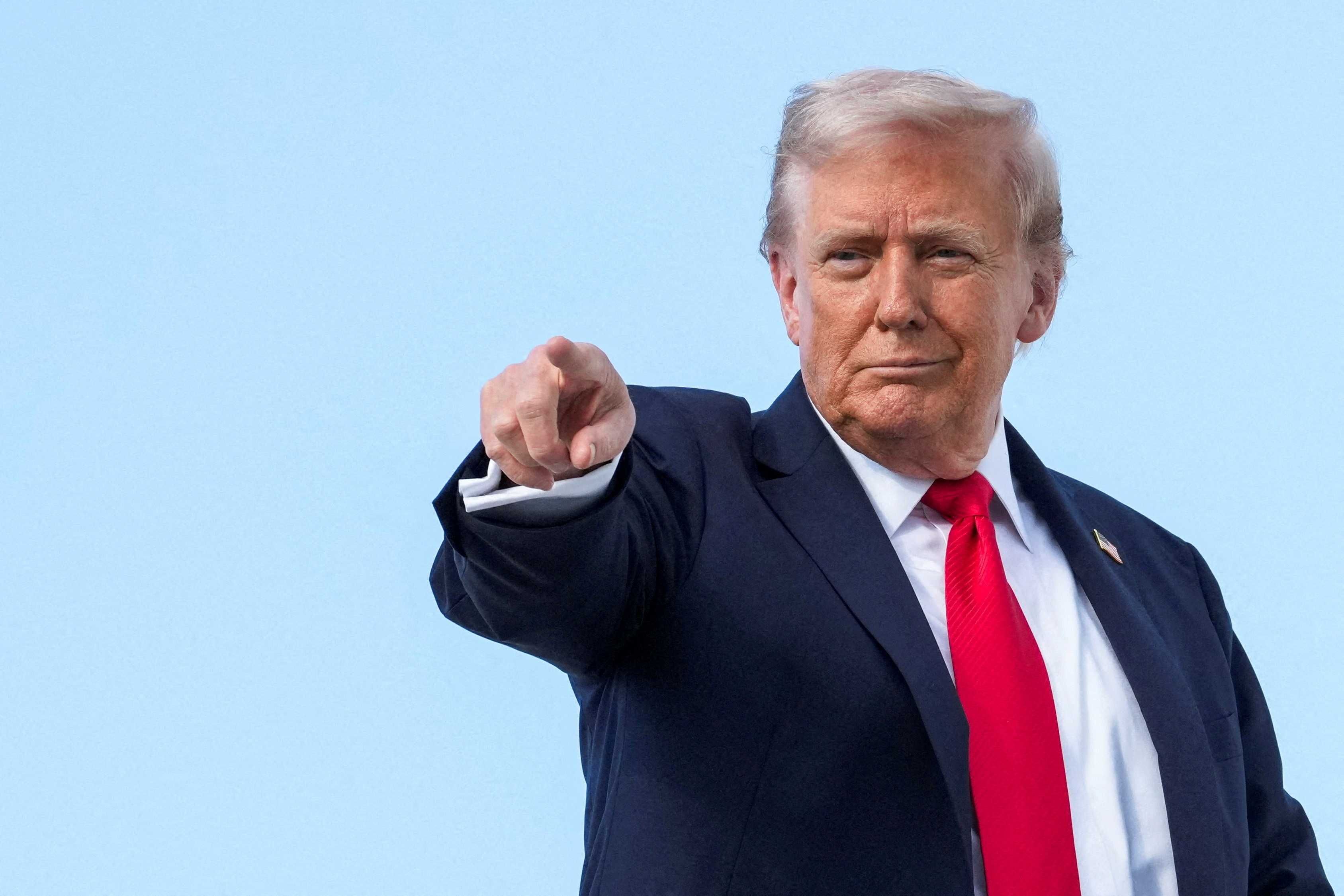Conservative writer James Kirchick argues that the administration of President Donald Trump is taking a Cabinet secretary’s natural dislike for media leaks to a dangerous dangerous level.
Secretary of Defense Pete Hegseth recently demanded journalists covering the Pentagon sign a pledge to refrain from gathering or publishing information not authorized by the Department of Defense.
“[Department] information must be approved for public release by an appropriate authorizing official before it is released, even if it is unclassified,” said Hegseth.
Journalists who refuse to abide by the directive could not only lose their press credentials but were initially threatened as being labeled by the department as “a security or safety risk.”
“By attempting to prevent journalists from reporting on the inner workings of America’s largest employer and sharing that information with the public, this measure would have essentially prohibited journalism,” said Kirchick. “It was a bullying attempt to turn independent journalists into sycophantic publicity agents.”
Kirchick added that while the Trump administration ultimately decided not to pursue the draconian policy, “the mere fact that it tried demonstrates how the Espionage Act of 1917 — a law criminalizing the dissemination of national defense information — is particularly susceptible to exploitation by a government seeking to silence media critics.”
With Hegseth’s blunders since his appointment earlier this year, which include his controversial Signal chat and the inclusion of his wife — a former Fox News producer — in sensitive meetings with foreign diplomatic and military leaders, Kirchick said “it’s entirely understandable that he wants to silence an adversarial press.”
“The coverage of Pete Hegseth’s Pentagon is a model of what the free press is supposed to do: expose abuses of power,” Kirchick said, even if that lately means primarily reporting on Hegseth’s “incompetence and buffoonery.”
But while the American media remains able to report freely on the Trump administration, Kirchick warned the Espionage Act “could theoretically put an end to it.”
“The Act effectively makes reporting on national security affairs illegal,” he said, adding that legal scholars Harold Edgar and Benno Schmidt Jr. called the act “a loaded gun pointed at newspapers and reporters who publish foreign policy and defense secrets.”
“A silver lining to the Trump administration’s multifarious abuses of power is that it offers a daily lesson in the importance of limited government, checks and balances, and the Constitution,” said Kirchick. “National security conservatives inclined to take a hard position against leakers ought to consider the unchecked power that the Espionage Act gives the government, and how easily that power can be abused in the hands of reckless and irresponsible people.
Read the Dispatch report at this link.
